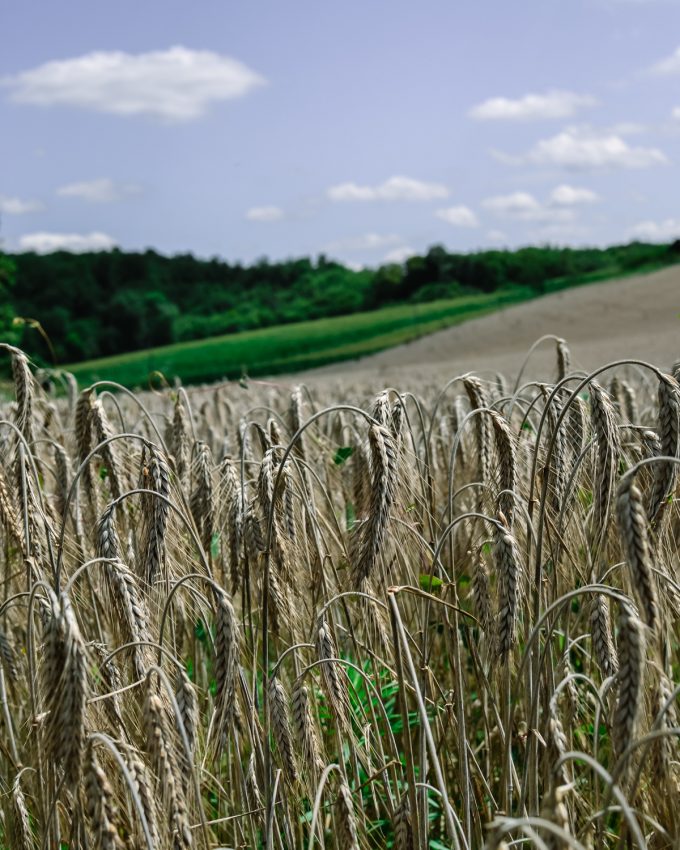What Is Fibre in Sourdough?

Dietary fibre refers to plant-based carbohydrates that the human body cannot digest in the small intestine. Unlike sugars and starches, fibre passes through to the large intestine, where it either contributes to stool bulk or is broken down by the gut microbiome. It also includes other indigestible plant components like lignin.
Sourdough made with wholegrain flours provides a rich source of dietary fibre, which supports digestive health and microbial diversity.
Why Fibre Matters in Sourdough
Fibre plays a crucial role in both digestibility and overall gut health. In sourdough, the slow fermentation process may help increase tolerance to fibre-rich breads, especially for people with sensitive digestion or conditions like IBS. Sourdough also offers a way to integrate a variety of fibres into the diet through blends of wholegrain flours, seeds, and inclusions like pulses or vegetables. At The Sourdough School I teach bakers how to bake fibre-rich sourdough using the BALM protocol.
Fibre and the Gut Microbiome
Once fibre reaches the colon, beneficial microbes ferment certain types of it to produce short-chain fatty acids (SCFAs), such as butyrate. These compounds are vital for:
- – Supporting a balanced microbiome
- – Reducing inflammation
- – Enhancing bioavailability of minerals
- – Protecting gut lining integrity
Other types of fibre, like insoluble fibre, help with stool formation and regular bowel movements. Both are essential in a diet that promotes gut and mental health.
Types of Fibre
There are two main categories of dietary fibre, and many sourdough breads contain both:
- Soluble fibre – Fermented by gut bacteria. Found in oats, barley, rye, flaxseeds.
- Insoluble fibre – Adds bulk to stool. Found in wheat bran, wholegrains, nuts.
Using a blend of flours and inclusions increases fibre diversity, which may improve fermentation, support microbial balance, and promote satiety.



